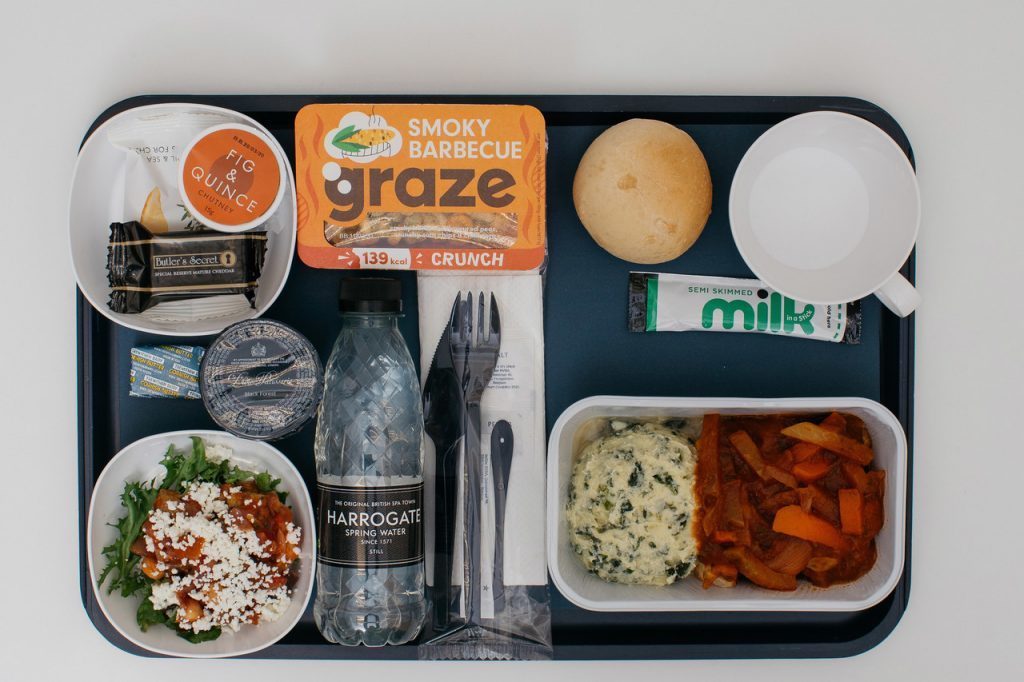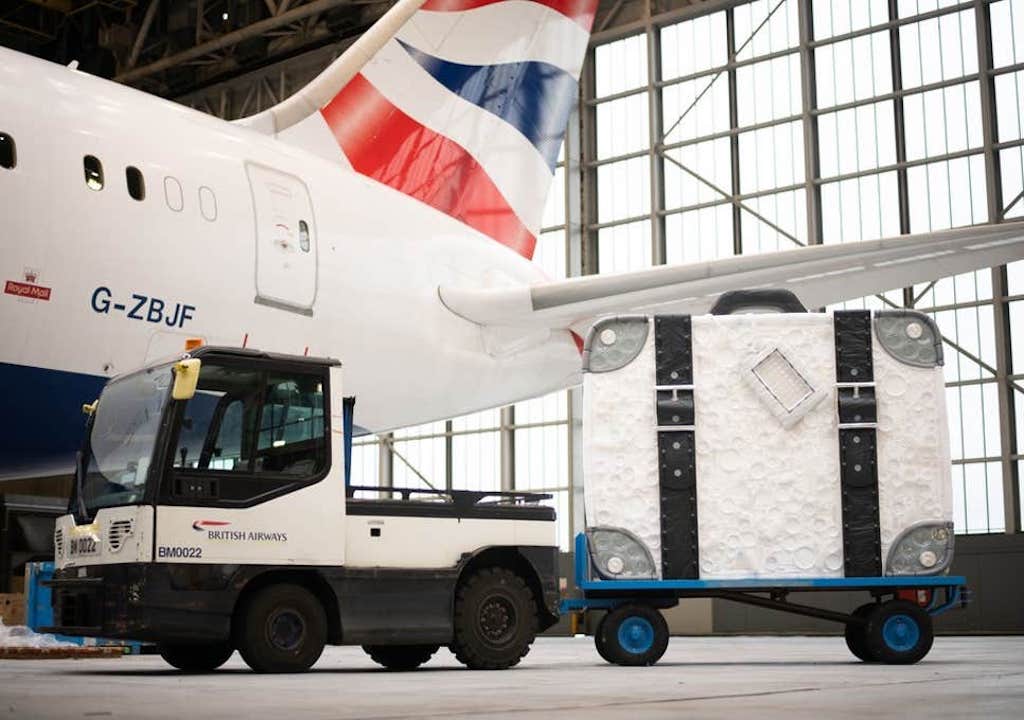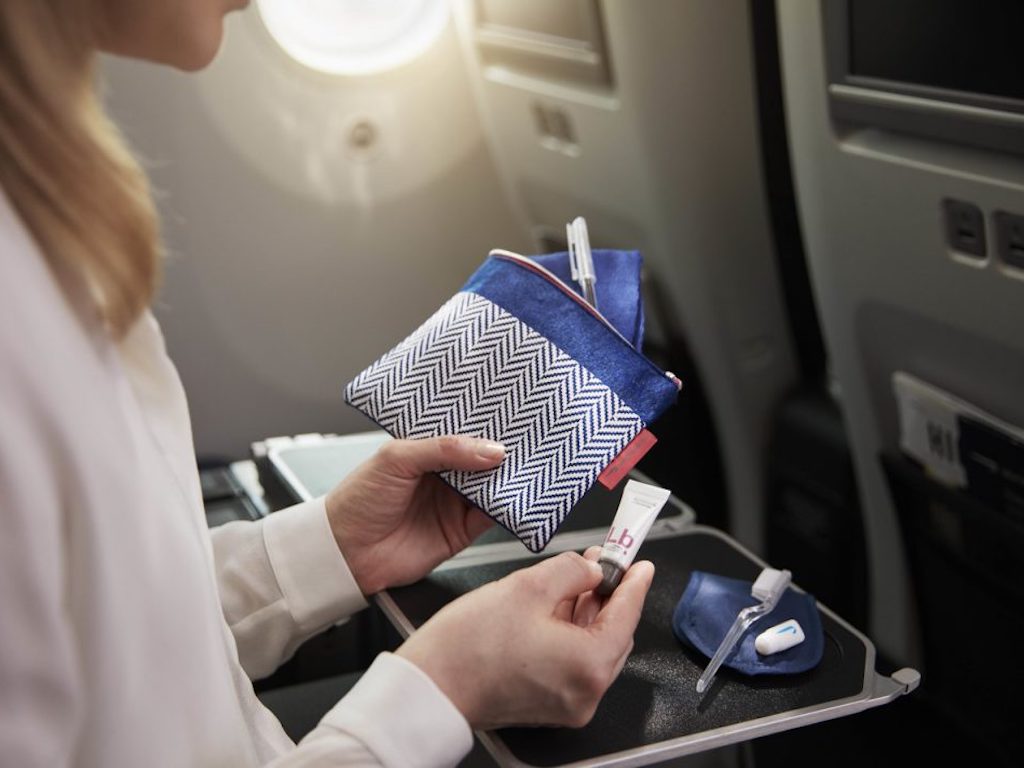3 Mins Read
British Airways, the flag carrier of the United Kingdom, has just announced that it plans to remove 700 tonnes of single-use plastic from its flights over the course of 2020. The company will be swapping disposable plastic items for “more sustainable” alternatives, such as recyclable or reusable materials. It comes as aviation companies have come under fire for their wasteful practices contributing to the global plastic pollution crisis, as well as their responsibility over carbon emissions fuelling the climate emergency.
British Airways has declared that it will eliminate 700 tonnes of disposable plastic – equivalent to over 1 billion single-use plastic items – from its flights this year. The company had previously set out to remove 90 tonnes worth of single-use plastic, but its latest plan now scales up their initial pledge by more than 700%.
“Our customers have told us we want to see these changes,” said Kate Tanner, customer experience manager at British Airways.
Among some of the measures British Airways plans to implement include swapping out of plastic stirrers for bamboo alternatives, reducing plastic in its business class Club World amenity kits, using paper wrapping for blankets and headsets, taking out inflight retail plastic bags and using water bottles made from 50% recycled plastic.

While single-use plastic cutlery, tumblers, cups, toothpicks and condiment packaging has yet to be tackled, the company is now in the process of assessing alternatives. “We’ve spent a long time researching how to make sustainable changes without causing environmental impact elsewhere…Some potential replacement options may be heavier, which would then have an impact on the weight of the aircraft and therefore our emissions,” Tanner explained.
As a part of the company’s latest green pledge, eco-artist Sarah Turner has been commissioned to create a sculpture of a suitcase made from 1,000 pieces of waste plastic collected on British Airways flights, including spoons, stirrers, drink lids, plastic and bubble wrap, catering dishes and bottles. It is displayed at the company’s headquarters near Heathrow airport.
Similar action to tackle plastic pollution on flights have been launched by other airlines in recent months as awareness about the scale of the global plastic crisis grows. National flag carrier line Air New Zealand, for instance, have begun using edible biscotti cups in collaboration with Auckland-based startup Twiice on select flights and lounges in a bid to reduce the waste generated by 600 billion non-biodegradable coffee cups being tossed in landfills every year.

Other airlines have chosen to take eco-friendly action in the form of reducing carbon emissions. The latest news has come from United States-based Delta Air Lines pledging to become “fully carbon neutral” starting this month, though it is unclear how the company plans to do so whilst continuing to use jet fuel for the foreseeable future. British Airways has previously made similar commitments to invest in sustainable aviation fuels and achieve “net zero” by 2050.
The aviation industry has been scrambling to ramp up its green credentials of late due to increased awareness about environmental issues and the climate crisis. In particular, the carbon footprint and plastic waste associated with travelling by air has led to the growth in flygskam, which refers to the feeling of guilt and shame caused by flying on airplanes. Instead of flying, more travelers are opting for trains more than ever before, putting pressure on aviation companies to make changes to retain customers.
All images courtesy of British Airways.




